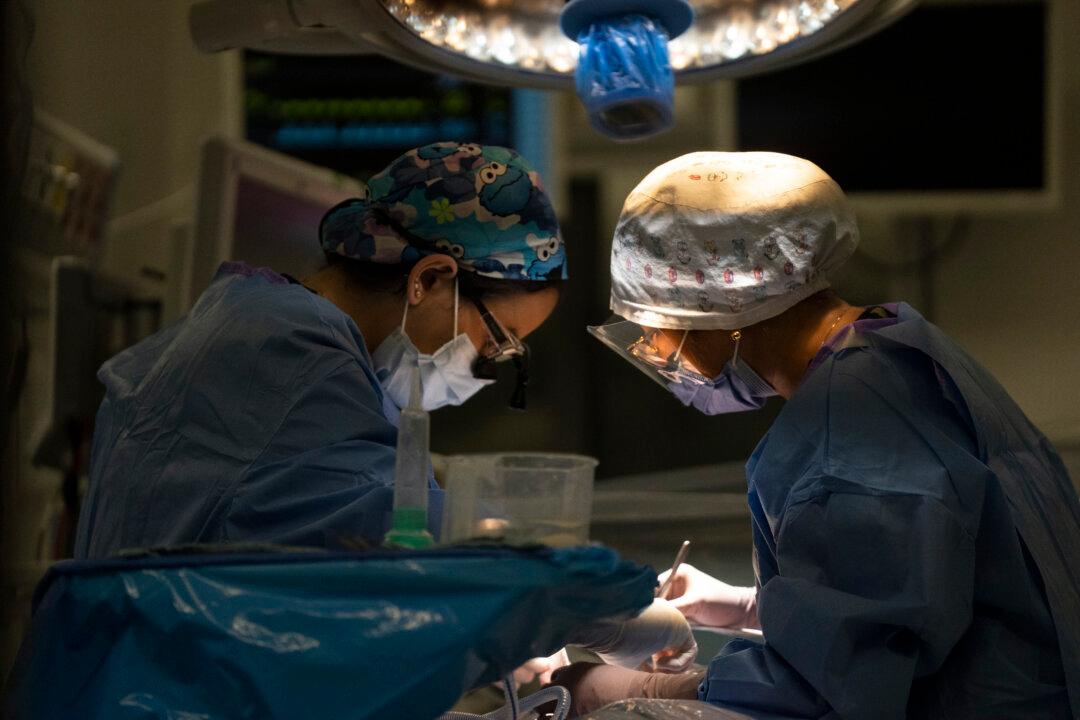Private surgical clinics are playing an increasing role in Quebec’s universal health-care system, performing one in six publicly funded day surgeries in 2023, according to a new study.
Released on Sept. 26, the study from the Fraser Institute says government-funded day surgeries performed by private clinics increased from 6.1 percent in 2011 to 17.1 percent in 2023 in Quebec.





